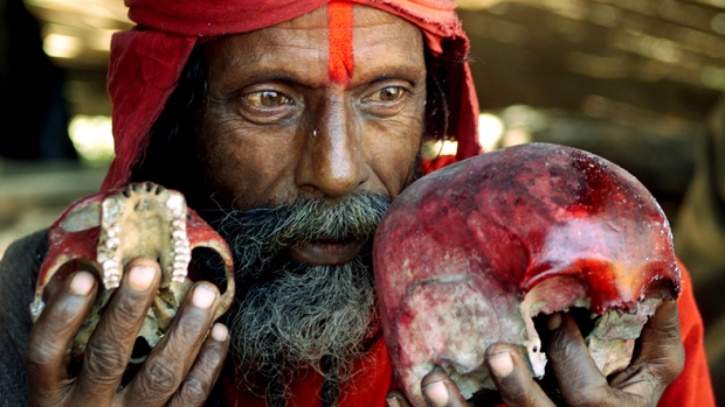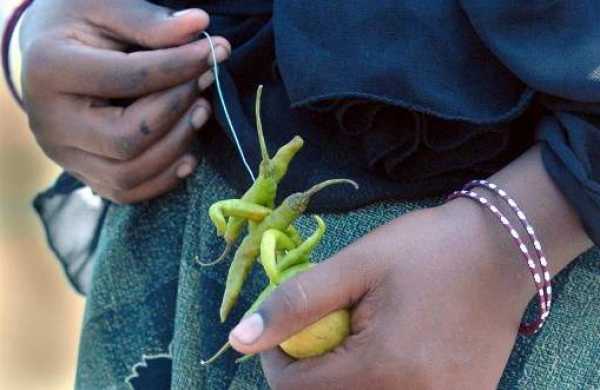
The initial draft of the bill was prepared by experts at the National Law School University, Bengaluru. Later, an expert committee formed by the government made the first form of the bill from the draft. The bill which was not cleared in 2016, when it was first placed before the assembly, was cleared in 2017. The Bill was tabled by Social Welfare Minister H Anjaneya on Tuesday 14/11 and passed by vote on Thursday 16/11.
The Maharashtra’s “Prevention and Eradication of Human Sacrifice and other Inhuman, Evil and Aghori Practices and Black Magic Act, 2013” – on which it is based the Karnataka Bill – doesn’t specify the superstitious practices. Instead, the Karnataka “Prevention and Eradication of Inhuman Evi Practices and Black Magic Bill” of 2017 specify in detail 23 different practices.
- Declaring a person “Satan” (“Shaitan”) or the devil’s incarnation.
- Hanging a person upside down and subjecting them to chilli smoke, touching body organs with heated objects to ward off evil spirits.
- Black magic acts like “Banamathi” (“voodoo”) and “Mata-mantra” (magic formulas in the name of mother Kali) to trace precious things.
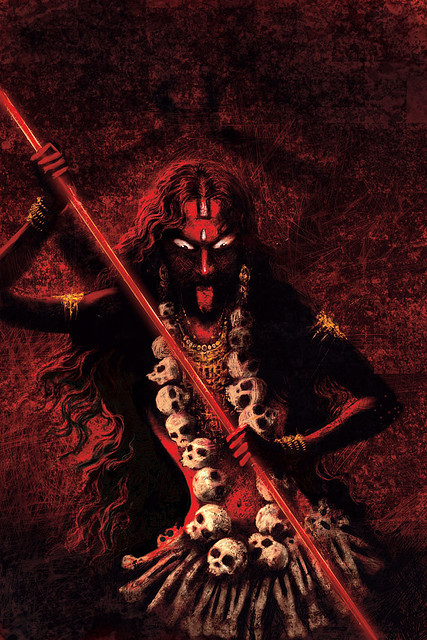
- Throwing stones on houses at night in the name of Banamathi.
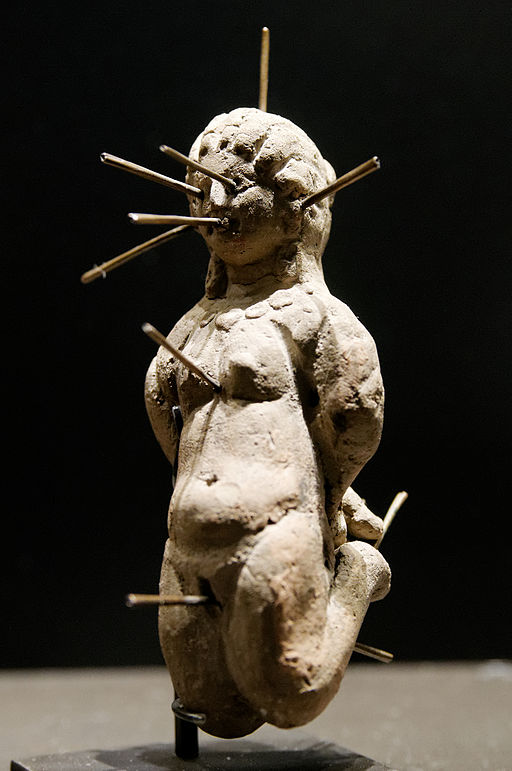
- Threatening to invoke ghosts/spirits with black magic.
- Threatening people with consequences if they don’t listen to someone who allegedly has supernatural powers.
- Claiming to have powers to change the sex of a fetus.
- Not allowing someone from taking medical help in case of snake, dog or scorpion bite.
- Killing animals by biting their neck.
- Propagating, persuading, facilitating rituals which likely involves self-harming activities like hanging from a hook.
- Piercing tongue and jaws with a rod.
- Throwing children on thorns from a height.
- Parading women naked.
- Astrology, “Vastu Shastra” (holistic discipline based on directional alignments)
- Astrology programmes on TV
- Teaching, propagation of ancient art practices
- Performing prayers, “Upasana” (acts of worship) etc rituals at home or religious places.
- “Pradakshina” (ritual in circles), pilgrimage and “parikrama” (circumambulation) at religious spaces.
- Kirtan, Harikatha, Pravachan, and Bhajans (different sacred hymns)
- Speeches on miracles done by saints.
- Distributing literature about miracles of religious preachers that can cure physical injury.
- “Keslochan” (haircut) practice of Jains and Buddhist monks
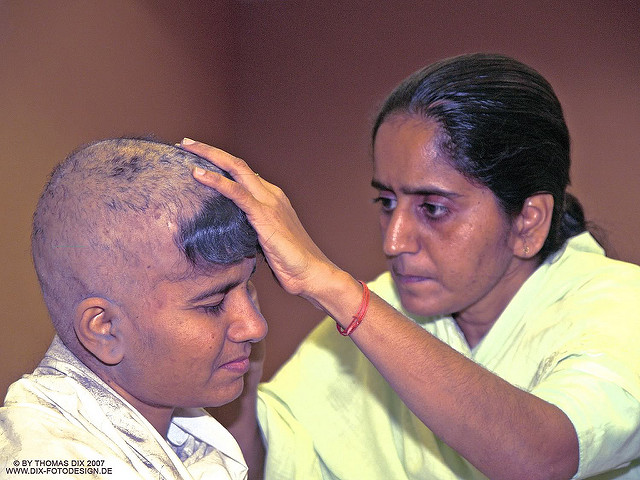
- Nose, ear piercing of kids.
Source: The New Indian Express
